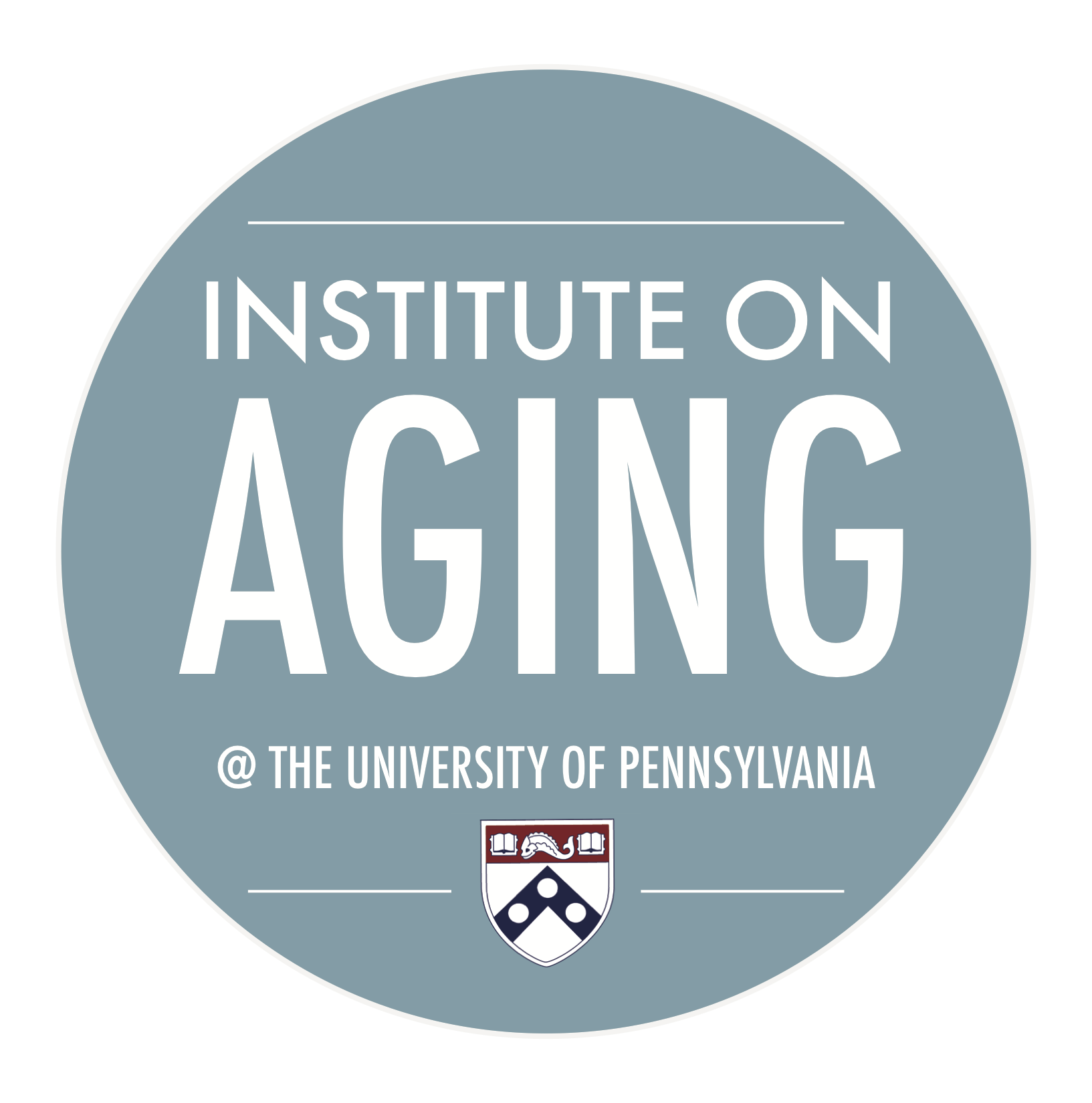Last month, President Obama announced an overall increase of two billion dollars to the National Institutes of Health (NIH) budget, with more than $350 million of this specifically earmarked for Alzheimer’s research, the largest-ever annual increase in federal Alzheimer’s research funding. On the heels of this announcement, National Institute on Aging (NIA) Director, Dr. Richard J. Hodes, MD, paid a rare visit to the University of Pennsylvania to hear from Penn researchers and clinicians working in the fields of aging, neuroscience, and immunology.
Hodes spent day 1 with aging and neuroscience experts from the IOA and Penn’s Center for Neurodegenerative Disease Research (CNDR). He participated in a series of round-table discussions wherein he offered advice, welcomed feedback on NIH/NIA funding processes and experiences, and learned about many of the different projects underway here at Penn.
The day began with a series of conversations with basic science researchers spanning a broad range of topics, including the genetics and basic biology of aging, featuring the work of Jerry Schellenberg, PhD, and Li-San Wang, PhD, in using the human genome to identify Alzheimer’s disease and related dementias and Brad Johnson, MD, PhD, and colleagues in understanding the biological forces that influence the development of AD. Johnson’s lab in primarily interested in telomeres, the structures that cap the ends of chromosomes, and how human aging is influenced by their maintenance and dysfunction.
Additional topics included the IOA and CNDR’s focus on training the next generation of researchers at all levels. This discussion, led by Virginia M.-Y. Lee, PhD, MBA, highlighted the work of several graduate and MD, PhD, students, some of whom started their connection with the IOA and CNDR as early as high school or during their undergraduate years. A conversation about drug discovery rounded out the morning sessions.
The afternoon commenced with a discussion with researchers from Penn’s Center for Health Incentives and Behavioral Economics and its work to improve public health economics and understand who in the population advanced directives should most be targeting, and more. Researchers from the Population Aging Research Center (PARC) and Penn’s NIA-funded P30 Center on the Demography and Economics of Aging also reviewed with Hodes their work in domestic and international factors in the demography and economics of aging including financial literacy and decision-making as well as ongoing studies involving their cohort of low-income communities in Africa to understand how aging is different in these populations.
The day concluded with presentations from Penn Nursing’s NewCourtland Center for Transitions and Health. Center representatives participating in the discussion shared their work focusing on cost and care of rehospitalization, ethical challenges in better understanding informed consent incentives, and more.
Two common themes that weaved their way through many of these discussions were the high importance the Penn placed on training the next generation of scientists and healthcare providers, and the benefit and impact of Pilot programs, a series of grants to provide seed funding for innovative research to junior faculty and young scientists, in launching research careers.
Of course, it is no surprise that the recent increase in the Alzheimer’s research budget was another popular subject. Many researchers outside of the Alzheimer’s realm questioned how, if at all, this may influence funding in their particular areas of research. In response, Dr. Hodes broadly recommended and stressed the importance of making any and all connections to Alzheimer’s and related dementias explicitly emphasized in upcoming proposals, without being misleading. With this in mind, he applauded the abundance of collaborations across centers here at Penn and strongly encouraged continuing down that path for future studies.
“I believe we presented Dr. Hodes with a close-up, in-depth look at a very broad and representative swath of all the aging and neuroscience research currently underway here at Penn that has the potential to influence our biological understanding of Alzheimer’s and related dementias now and into the future, and the clinical research and disease modifying therapies to help better treat, protect, and understand patients with AD and related dementias,” explained IOA Director, John Q. Trojanowski, MD, PhD. “We also reviewed Penn programs that focus on other key aspects of healthy aging and aging related demographic changes with the long term goal of improving the overall health of elders in our rapidly aging society.”



[…] in February of this year, NIA Director, Dr. Richard Hodes, MD paid a visit to the University of Pennsylvania to hear from Penn researchers and clinicians working in the fields of aging and neuroscience as […]